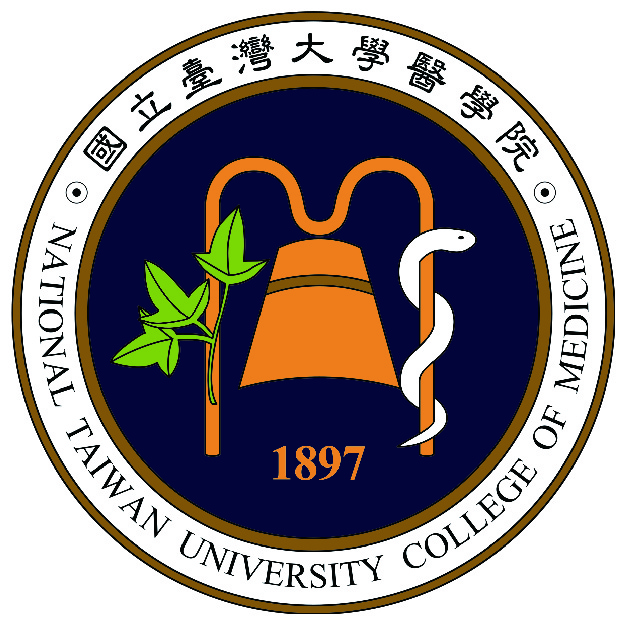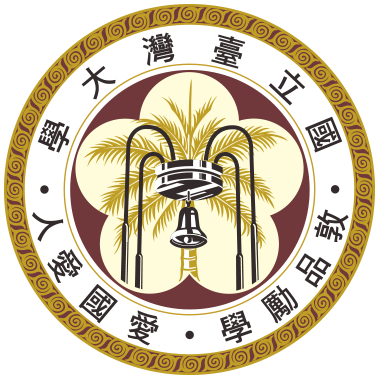
Helicobacter pylori and gut microbiota Laboratory
Principal Investigator : Ming-Shiang WU , Prof. Jyh-Ming LIOU
Team Size : 30
Study Field : Interaction of Peptic Ulcer Disease, Gastric Cancer, Gastric MALToma with Virulence Factors of H. pylori, Host Genetic Factors, Lifestyle Factors
Forms of Int'l Cooperation : Joint Research Project, Personnel Exchange, Student Exchange, Seminar, Joint Patent Application, MOU/Collaborative Agreement
Lab Introduction
H. pylori is an important causal factor of peptic ulcer disease, gastric cancer, and gastric MALToma. We have collected more than 4000 H. pylori strains from patients with the above diseases as well as those without these diseases. We participated in the international Helicobacter pylori genome project to identify the interaction of virulence factors of H. pylori, host genetic factors, and lifestyle factors in the development of these diseases. We also developed standardized methods to detect the phenotypic and genotypic resistance of H. pylori against various antibiotics. Besides, we conducted several large-scale, multi-center, randomized controlled trials to identify the optimal therapy for H. pylori infection from first-line to fourth-line treatment.
Recent studies have shown that the gut microbiota is linked to many chronic diseases. However, most of the current studies used 16S sequencing as the marker for gut microbiota (detects changes at the genus level). Relatively few studies applied shotgun metagenomic sequencing, which can detect the changes at the species level. More importantly, there is still a lack of cohort studies as well as exploration of interactions of host genetic factors and gut microbiota in the development of various diseases. Therefore, we organized a multi-disciplinary research team to establish the National Taiwan University Genomic and Microbiota Cohort. Shotgun sequencing is applied used to assess the composition of gut microbiota. The whole genotype was determined by the TWB2.0 SNP array. We have recruited 40000 healthy subjects and patients with digestive tract cancer, ulcerative colitis, autoimmune diseases, or coronary artery disease during 2020-2022. We will analyze the role of host genetic factors on the composition of gut microbiota and their interactions in the development of digestive tract cancers, ulcerative colitis, autoimmune diseases, coronary artery disease, and various other diseases in the future. We also established a germ-free mouse experimental platform to verify the causal relationship between gut bacteria and disease occurrence through animal studies and to develop novel microbiota-based interventions for treatment.
International Cooperation Experience
-
Oita University Faculty of Medicine | JapanJoint Research Project Personnel Exchange Seminar
2017 ~ present
-
Division of Cancer Epidemiology and Genetics, National Cancer Institute | United States of AmericaJoint Research Project Seminar
2018 ~ present
-
Microbiome Research Centre, School of Clinical Medicine, Faculty of Medicine and Health, University of New South Wales | AustraliaJoint Research Project Personnel Exchange Seminar
2017 ~ present
Contact
Principal Investigator
Position : Professor, Department of Internal Medicine, College of Medicine
Email : mingshiang@ntu.edu.tw
Education / Background :
Position : Professor, Department of Internal Medicine, College of Medicine
Email : jyhmingliou@gmail.com
Education / Background :

